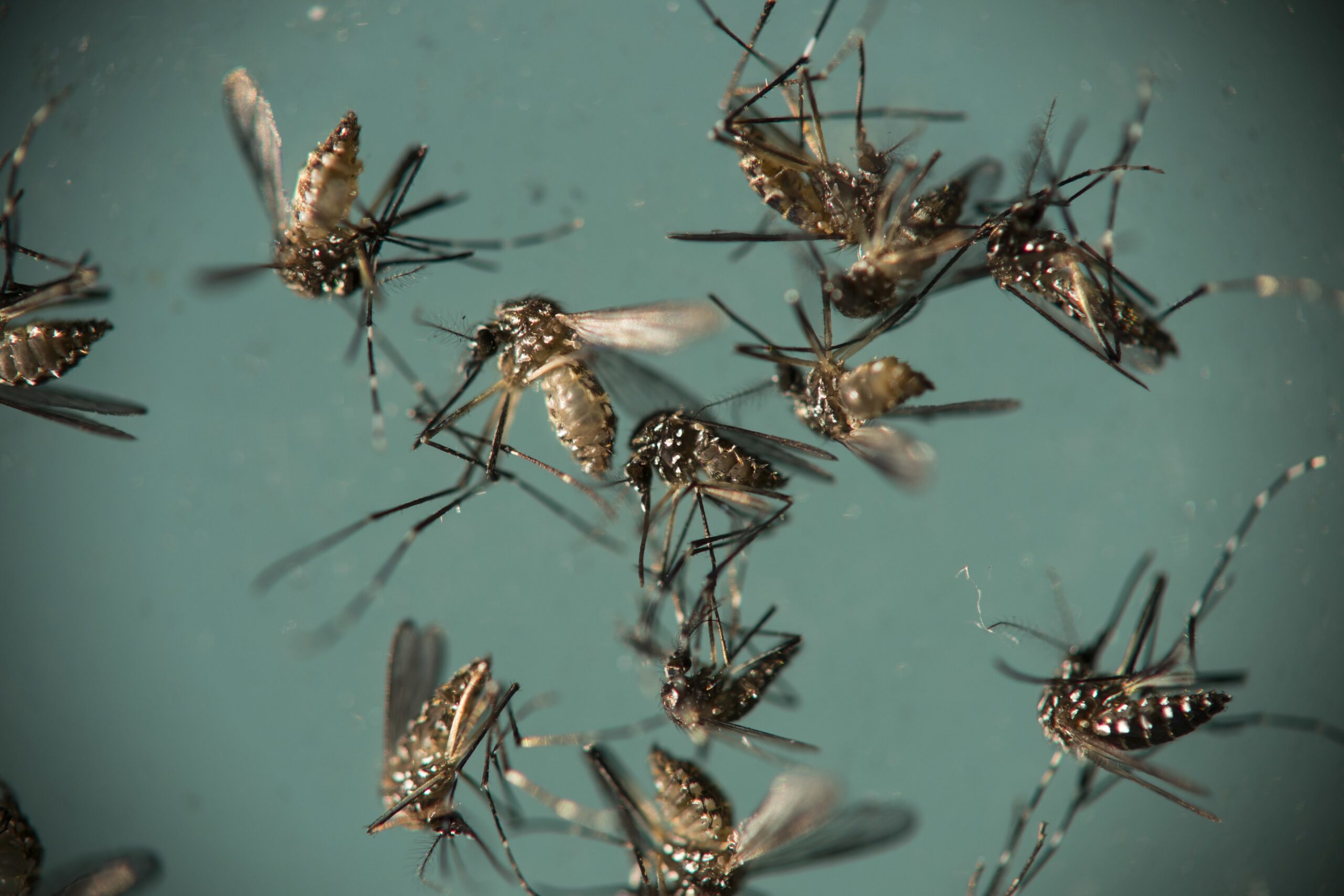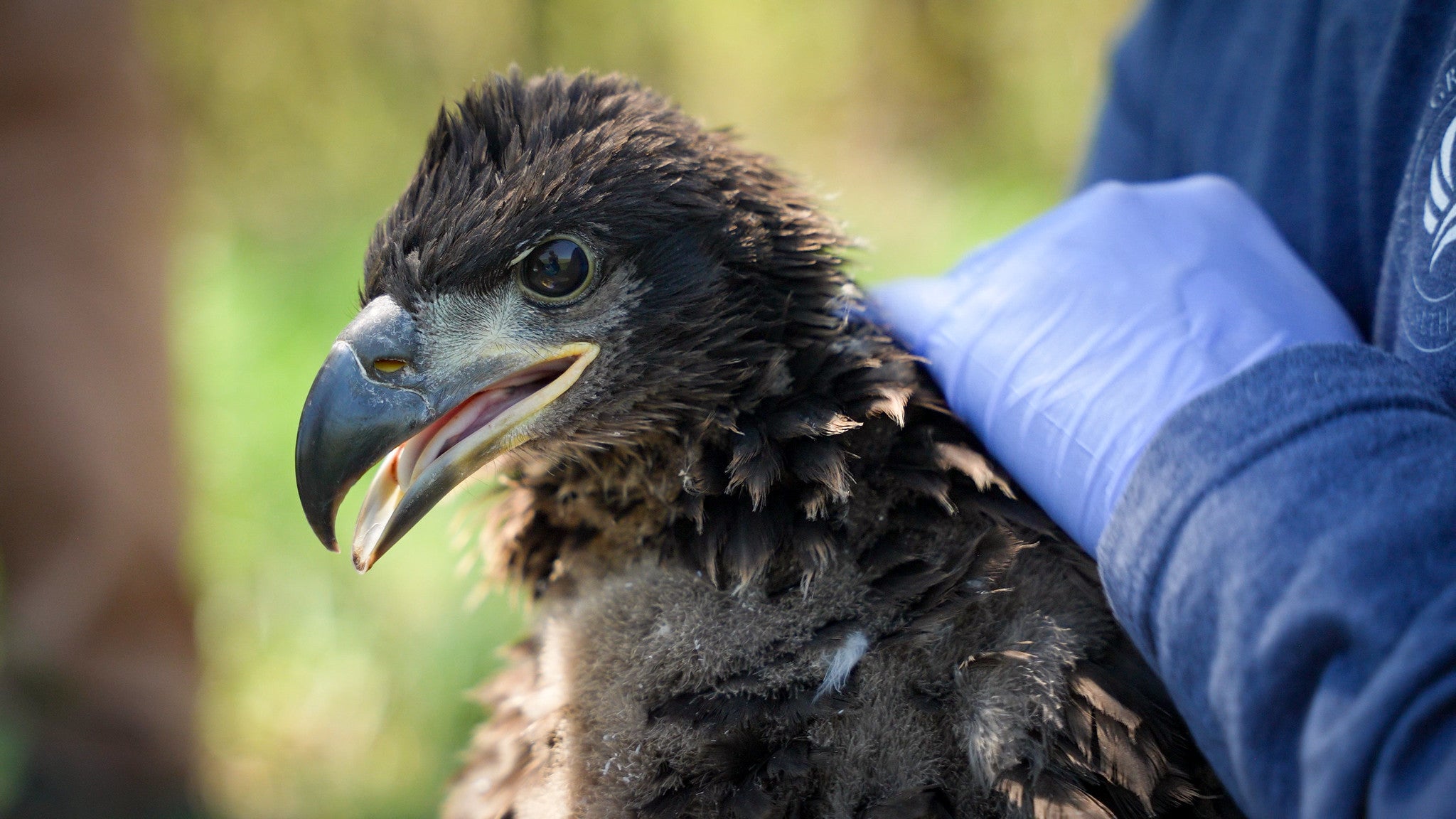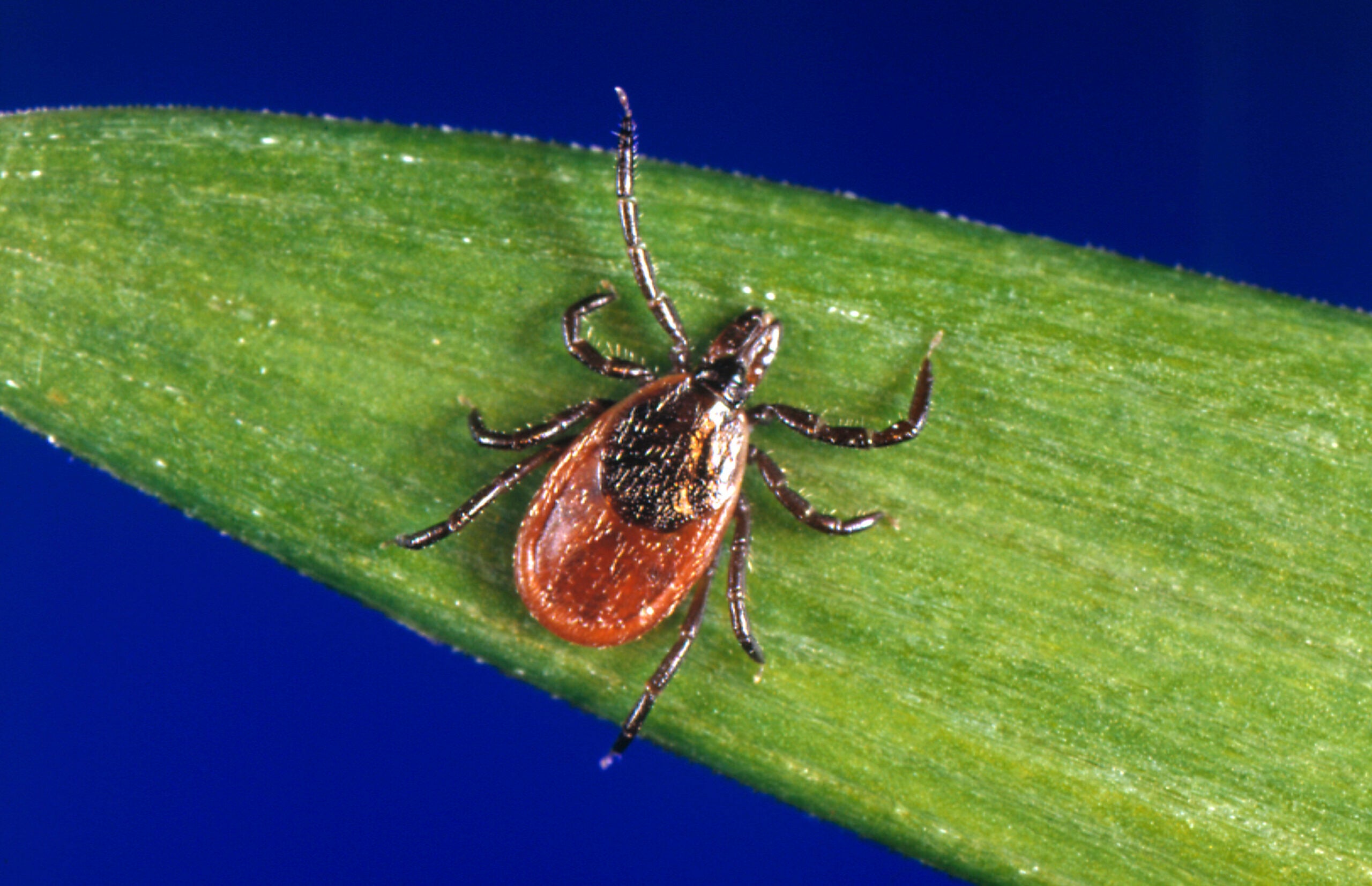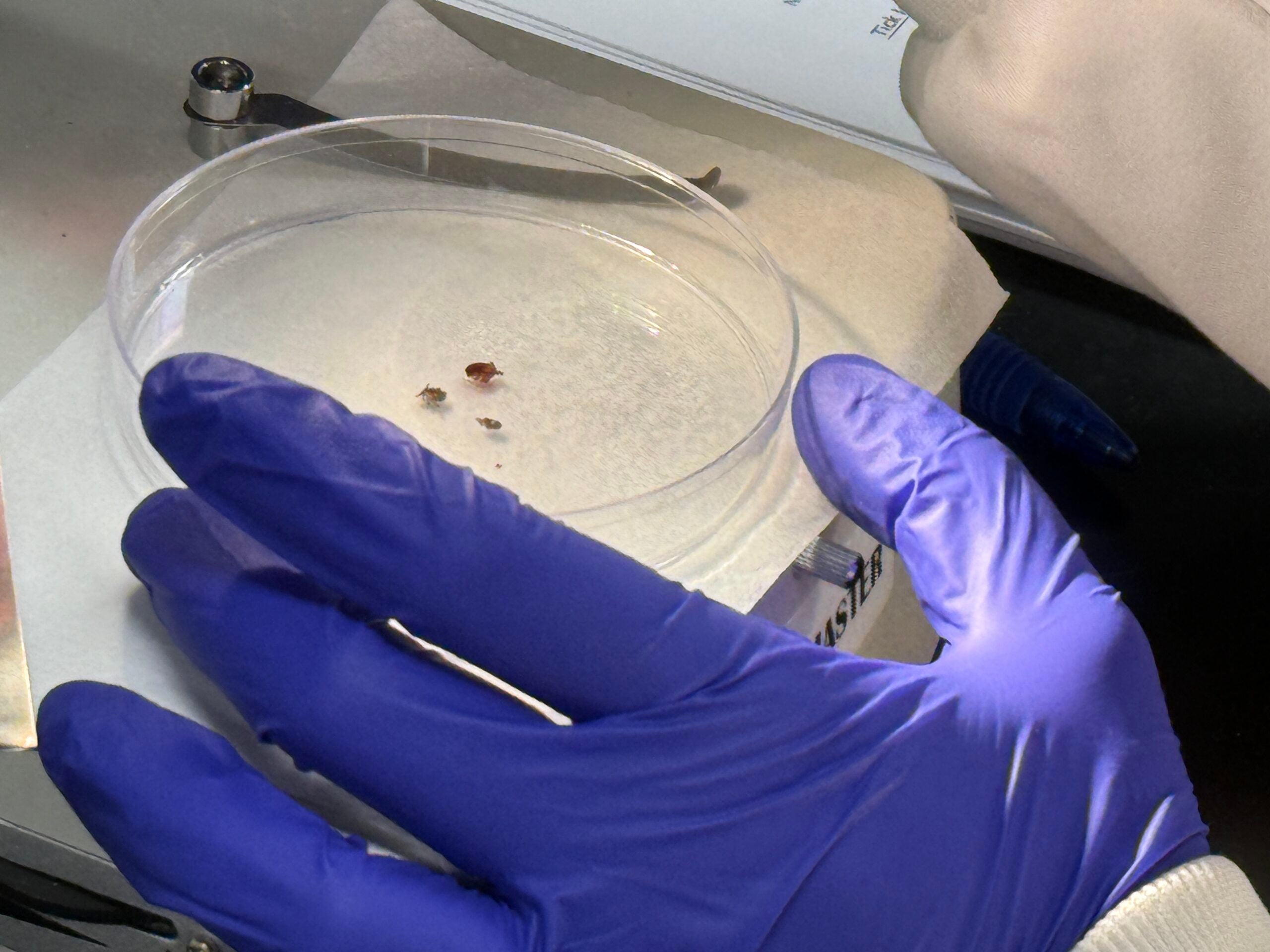Zika has been linked to birth defects in infants like abnormally small heads. But the virus carried by certain mosquitoes can also result in an unusually high rate of miscarriages even when there are no symptoms of infection, according to studies done at National Primate Research Centers in Wisconsin, Washington, California, Oregon and Texas.
The group study found the rate of miscarriage and stillbirth among monkeys infected with Zika was 26 percent — much higher than the nearly 8 percent that had been previously reported in human studies of pregnant women infected with the virus.
Dawn Dudley, senior scientist in the University of Wisconsin-Madison’s Department of Pathology and Laboratory Medicine and the lead author of the study called the high rate “alarming.” While Dudly believes the true rate of human miscarriage in Zika-infected pregnancies is somewhat lower than what they found in monkeys, she said it’s also likely higher than the 8 percent figure.
News with a little more humanity
WPR’s “Wisconsin Today” newsletter keeps you connected to the state you love without feeling overwhelmed. No paywall. No agenda. No corporate filter.
The large gap, Dudley explained, is due to the fact many women may not be aware that they are pregnant or similarly, may be unaware they’ve been exposed to Zika. Human studies done so far have only involved women who had symptoms of Zika infection.
“We know up to half of the people infected with Zika virus have no symptoms at all,” she said.
The study published this week in the journal Nature Medicine found damage in the placenta of infected monkeys, which provides nutrients to the developing fetus. The study suggests Zika virus could pose a far greater threat to pregnancy than previously thought.
UW-Madison researcher David O’Connor compared it to 1981 when HIV was first found in the United States. There was very little medical literature even though the disease was spreading rapidly in other parts of the world.
“One of the reasons why having more miscarriages is alarming is because it suggests the virus has been insidious in different populations possibly even before the birth defects were associated with Zika were recognized several years ago,” said O’Connor, a pathology professor investigating Zika.
Although one of the species of mosquitoes that transmits Zika — Aedes albopictus — has been found in Wisconsin, there has not been any local transmission of the disease; only travel-related cases according to the Wisconsin Department of Health Services.
There is no vaccine for Zika, but clinical trials are currently underway.
An earlier study by the same researchers found monkeys exposed to Zika developed immunity to the virus which could bode well for humans.
Wisconsin Public Radio, © Copyright 2026, Board of Regents of the University of Wisconsin System and Wisconsin Educational Communications Board.






